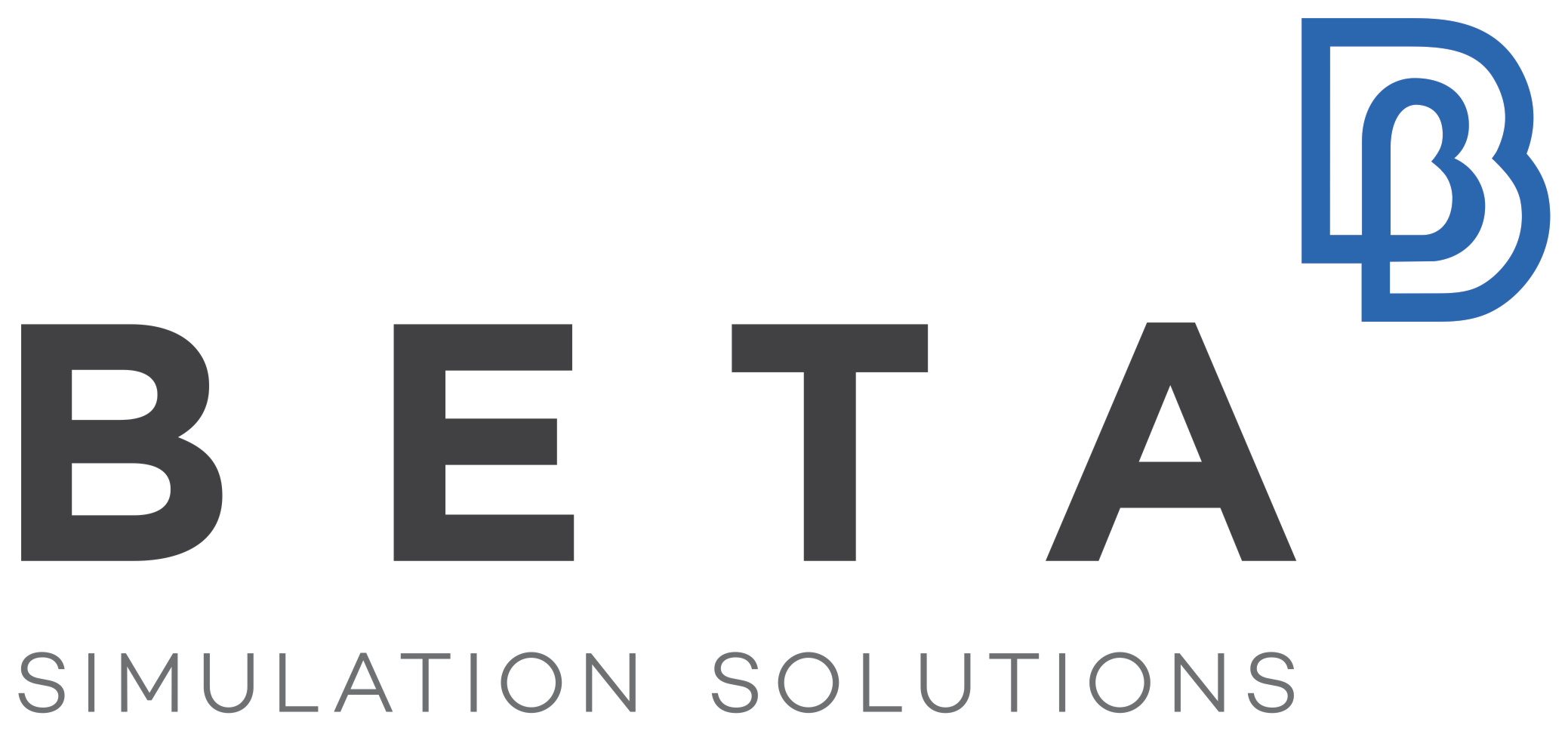The assessment of the fatigue strength in mechanical components subject to variable loads is crucial for the safe use of machines and systems. Safety, reliability and cost-effectiveness are a key importance for ensuring that the products are appropriately dimensioned and their durability is determined.
In addition to stress analysis by using the finite element method (FEM), the multibody simulation (MBS) makes a significant contribution for estimating the durability when developing and designing components and structures under repetitive loads. The MBS simulation focuses on determining the time-variant loads in a system. These loads are often inadequately defined or not known at all, in this case they can be can be found out with MBS simulations.
Today, the use of simulation methods for designing according to fatigue strength is essential for many application areas. Materials, whether brittle, ductile or with time-dependent behavior, react differently to cyclic loads. In order to evaluate the strength behavior of a material under time-dependent loading, it is important to know which stresses lead to damage, how this damage looks like and how it superimposed. This requires both theoretical approaches damage and fracture mechanics as well experimental tests and statistical analyses. The developed methods are widely used in standards, regulations, guidelines, recommendations and numerous software products. The FKM guideline (7th edition / 2020 - German / English), for example, deals with both static and fatigue strength assessment. However, the available damage accumulation, damage models and the material properties are often developed inconsistently and are not sufficiently available.
Artificial intelligence (AI) has also played an increasingly important role in the field of durability and fatigue strength in the recent years, through predicting material behavior, optimizing designs, damage detection, lifetime prediction and material development as well for more realistic load assumptions. This enables improved efficiency and reliable products.
The objectives for the seminar were:
- To demonstrate the current possibilities and the development state of theory and tools for practical applications by looking at different application areas.
- To provide participants with knowledge and experience in the application of simulation and test-based fatigue strength and durability calculations.
- To present interesting case studies that illustrate the limits and possibilities of these methods and also enable comparisons with real tests.
- To show trends in research as well in the development of standards, guidelines and tools.
- And give the possibility to formulate requirements from the user's perspective.
We look forward to meeting you online - register today!
Dr. Alfred J. Svobodnik - MVOID Technologies
Dipl.-Ing. Werner Moretti - moretti engineering (me)
Seminar Agenda
(preliminary)
| Wednesday, November 13 (Berlin, UTC+1) |
| | Session 1 |
| 13:00 | Welcome and Introduction
Albert Oswald (NAFEMS); Werner Moretti (me engineering and Alfred Svobodnik (Mvoid Group), both members of the NAFEMS DACH Steering Committee |
| 13:15 | Keynote presentation:
Hybrid System Simulation: New Trends and Methods in Vehicle Engineering
Michael Burger (Fraunhofer ITWM) |
| 13:50 | Sponsor presentation:
FATIQ: A Complete Solution for Fatigue Life Prediction
George Korbetis (BETA CAE Systems) |
| 14:05 | Fatigue Strength Assessment of Fiber-Reinforced Plastic Components with standard Material Data
Marcus Stojek (PART Engineering); V. Mortazavian (Ascend Performance Materials) |
| 14:30 | Durability And Damage Tolerance (DADT) of AM Components
Ramesh Chandwani, Chris Timbrell (Zentech International) |
| 14:55 | Break |
| | Session 2 |
| 15:10 | Keynote presentation:
Structural Integrity from the Past to the Future
Michel Guillaume (ZHAW School of Engineering IMPE) |
| 15:45 | Crack Propagation Modelling for Fatigue Analysis
Filip Van den Abeele (Subseawolf) |
| 16:10 | Integration of System Simulations for Simple and Meaningful Fatigue Strength Testing of Substructures
Volker Landersheim (Fraunhofer LBF) |
| 16:35 | Creating Surrogate (Simplified) Loads from Multiple Vibration Environments
Neil Bishop (Hexagon); Philippe Leisten (Purem GmbH) |
| 17:00 | End of day 1 |
| | |
| | Thursday, November 14 (Berlin, UTC+1) |
| | Session 3 |
| 13:00 | Welcome day 2
Albert Oswald (NAFEMS); Werner Moretti (me engineering and Alfred Svobodnik (Mvoid Group), both members of the NAFEMS DACH Steering Committee |
| 13:05 | Keynote presentation:
Fatigue Strength in Hydrogen Applications – Current Applications and Trends
Dirk Rensink (Segula Engineering) |
| 13:40 | Fatigue Design Simulation of Mechanical Equipment Including Seven Case Studies
Rob Widders (Consultant) |
15:05 | Sponsor presentation:
Engineering by Magna Engineering Center Steyr
Axel Werkhausen (Magna Powertrain Engineering Center Steyr) |
15:10 | Fatigue Simulation Software from Engineers for Engineers
Axel Werkhausen (Magna Powertrain Engineering Center Steyr) |
| 15:35 | Break |
| | Session 4 |
| 15:45 | Fatigue Life Investigation as a Part of a Complete Design Optimization Process on Welded Structures
George Korbetis (BETA CAE Systems) |
| 16:10 | Computerized Assessment of Welds based on Finite-Element Analyses
Peter Reimers (IWIS) |
| 16:35 | Farewell
Albert Oswald (NAFEMS); Werner Moretti (me engineering and Alfred Svobodnik (Mvoid Group), both members of the NAFEMS DACH Steering Committee |
17:00 | End of seminar |




